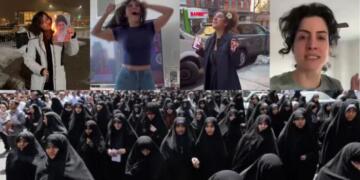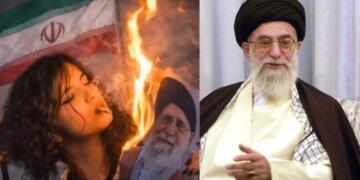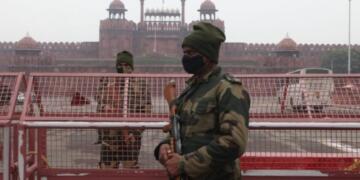The Supreme Court on Tuesday dismissed a petition challenging two government notifications that declared the Islamic State of Iraq and Syria (ISIS) and its related ideologies as terrorist organisations under the Unlawful Activities (Prevention) Act (UAPA), 1967.
A bench comprising Justices Surya Kant and Joymalya Bagchi was hearing the petition filed by UAPA accused Saquib Abdul Hamid Nachan, who alleged that he and his son were wrongfully arrested over alleged ISIS links.
The court, however, said these claims should be raised before the appropriate criminal court and declined to entertain a broader constitutional challenge to the Centre’s notifications issued in February 2015 and June 2018 under Section 35 of the UAPA.
Senior advocate Mukta Gupta, appearing as amicus curiae, argued that the notifications infringed upon the petitioner’s fundamental rights under Article 25 of the Constitution.
She contended that religious terms like “caliphate” and “jihad” had been misinterpreted and equated with terrorism, without sufficient evidentiary backing or adherence to procedures similar to those laid down in Section 3 of the Act for declaring “unlawful associations.”
“He says the word ‘caliphate’ has been wrongly construed, which violates his right to religious freedom,” Gupta submitted, adding that the petitioner had provided extensive references from the Quran to support his interpretation.
The bench, however, was not persuaded. Justice Bagchi clarified that such terminology must be understood in the context of alleged terrorist activity, not solely through religious or scriptural interpretations.
“When the notification uses the word ‘caliphate’, it is in the context of terrorism. It must be read accordingly,” he observed.
Gupta also pointed out a legal lacuna, stating that while the UAPA allows for a tribunal to review the banning of unlawful associations under Section 3, there is no similar mechanism under Section 35 for reviewing the designation of terrorist organisations.
She further informed the court that the petitioner had been arrested after filing the writ, and that his son had earlier been detained by the National Investigation Agency (NIA) on similar charges.
Justice Kant responded that the petitioner was free to seek bail or pursue other legal remedies through appropriate judicial forums. “He can always approach the appropriate forum,” he said.
Concluding that the plea appeared to be more about seeking relief in individual criminal cases rather than presenting a substantive constitutional challenge to the notifications, the court disposed of the petition.
“It appears that instead of challenging the notifications themselves, the petitioner is attempting to obtain relief in ongoing criminal proceedings. The appropriate remedy lies elsewhere,” the court stated.



























